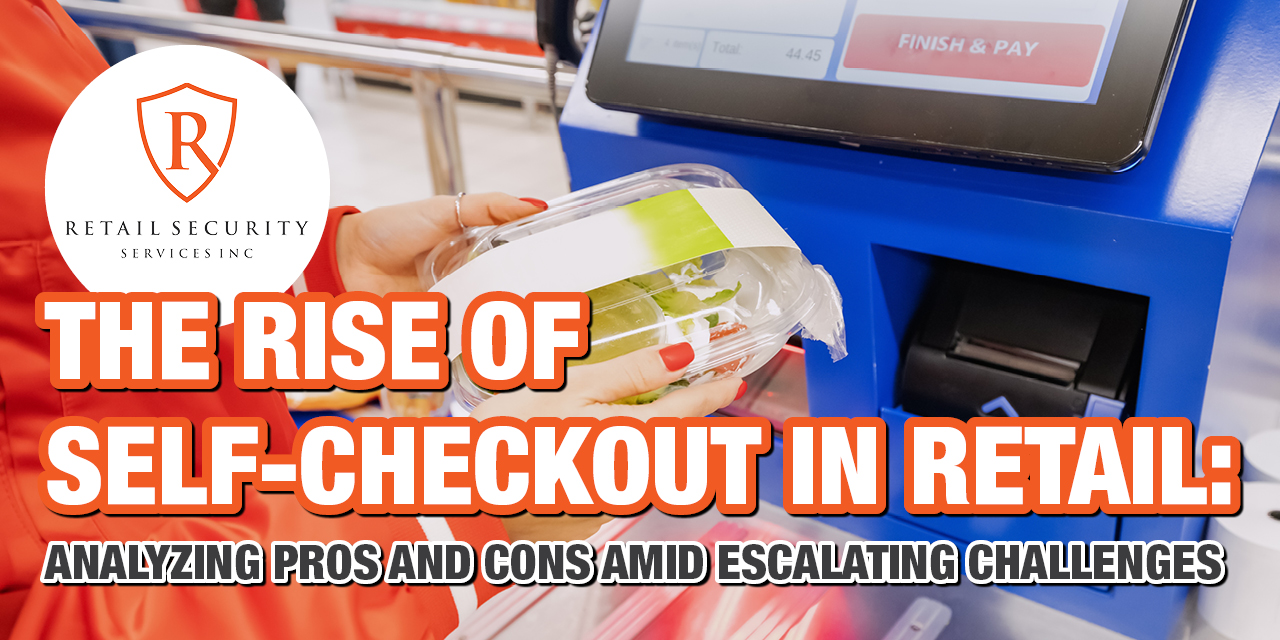As prices soar and retailers increasingly turn to self-checkout systems to enhance operational efficiency, an array of issues arises, prompting the need to evaluate the pros and cons carefully. At the forefront of these challenges lies the pressing concern of theft and loss, which has seen a surge with the widespread adoption of self-checkout machines.
According to criminologist Adrian Beck, whose extensive decade of research delves into self-checkout theft, the perceived low risk of detection has emboldened shoplifters to exploit these systems, leading to substantial store losses. A 2022 industry-funded study conducted by Beck, encompassing 93 retailers across 25 countries with self-checkout technology, revealed that as much as 23% of store losses were attributed to theft and customer errors at self-checkouts, causing two-thirds of retailers to express growing apprehension.
The motivation behind shoplifters turning to self-checkout as a tool for theft or price manipulation hinges on the potential cover provided by honest customer errors. By inputting the code for lower-priced items while scanning more expensive ones or engaging in “skip scanning” practices, wherein only selected items are scanned, these individuals manage to pay less than the true value of their purchases.
In response to these challenges, retailers have implemented diverse strategies to counter self-checkout losses. Some approaches include training attendants to closely monitor customers, deploying security guards and surveillance cameras, and conducting random receipt checks. However, the effectiveness of receipt checks has been met with mixed reactions from customers, with some finding it intrusive and perceiving it as profiling, as seen in the Walmart suit filed in the Ohio Federal court on June 1st, 2023. Furthermore, retailers must navigate the legal implications of enforcing receipt checks, requiring proper authorization or customer consent through store memberships. Cotsco can implement receipt checks because people agree to them when they sign up for the required store membership.
Despite the ongoing challenges, the allure of self-checkout options will likely stay strong, given the significant cost savings resulting from reduced labor. However, retailers face the complex task of balancing these savings against the losses incurred from theft and scanning errors. As we delve into the varied experiences of retailers adopting self-checkout systems, it becomes evident that a nuanced evaluation of the potential benefits and drawbacks is essential. Each retailer’s unique circumstances and customer base will dictate whether self-checkout convenience and cost advantages outweigh the challenges posed by theft prevention and product loss. Ultimately, deciding on the suitability of self-checkout in a retail store hinges on a thoughtful analysis of its impact on overall profitability and customer satisfaction.
For more information on our security guard services, please get in touch with us at [email protected] or call +1 631-719-7261
